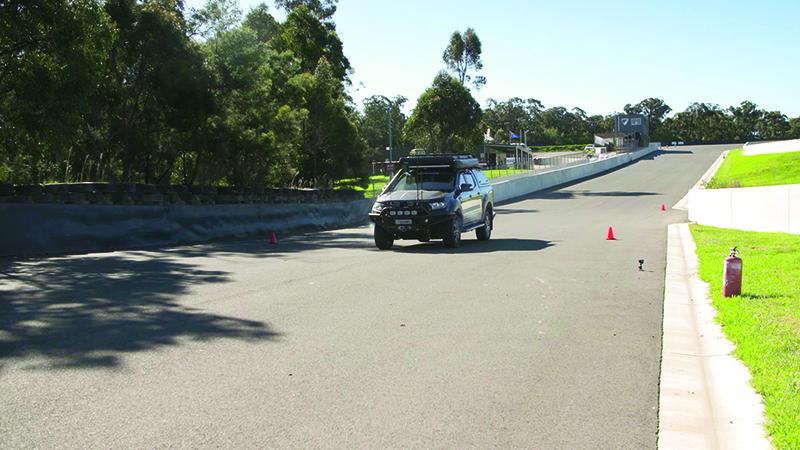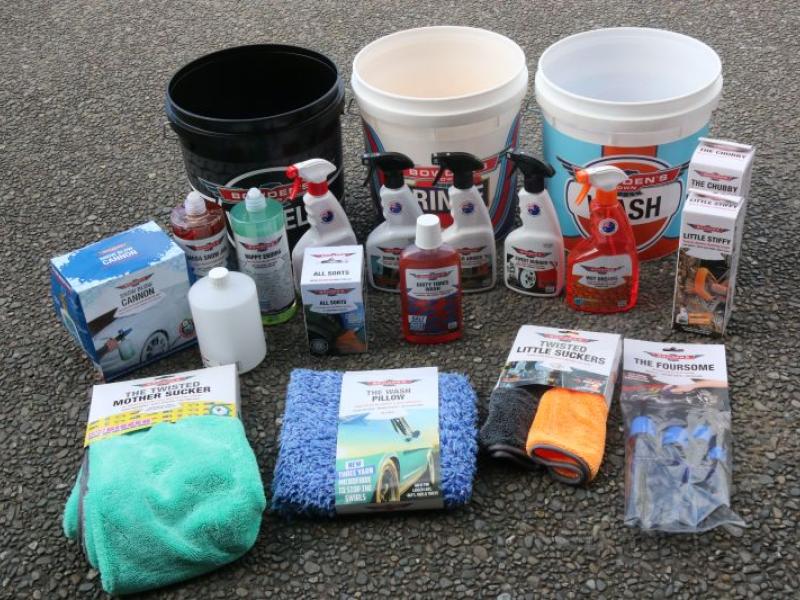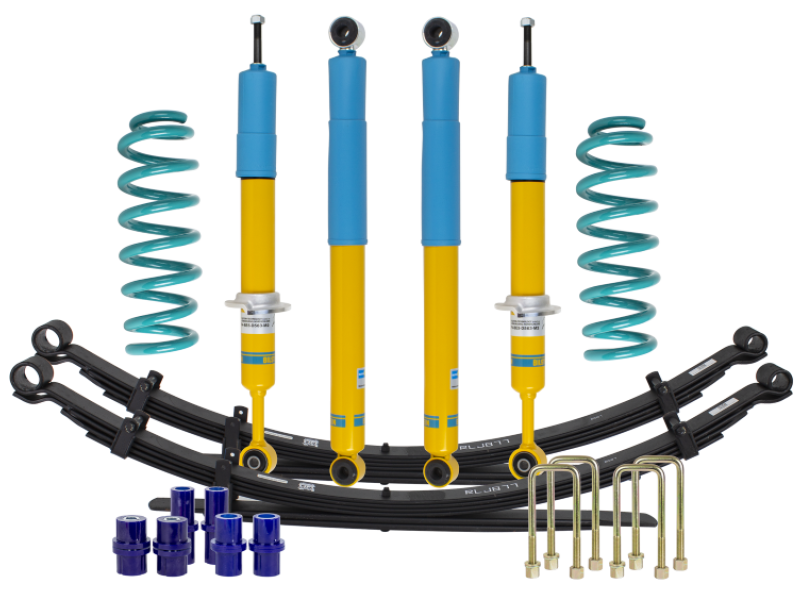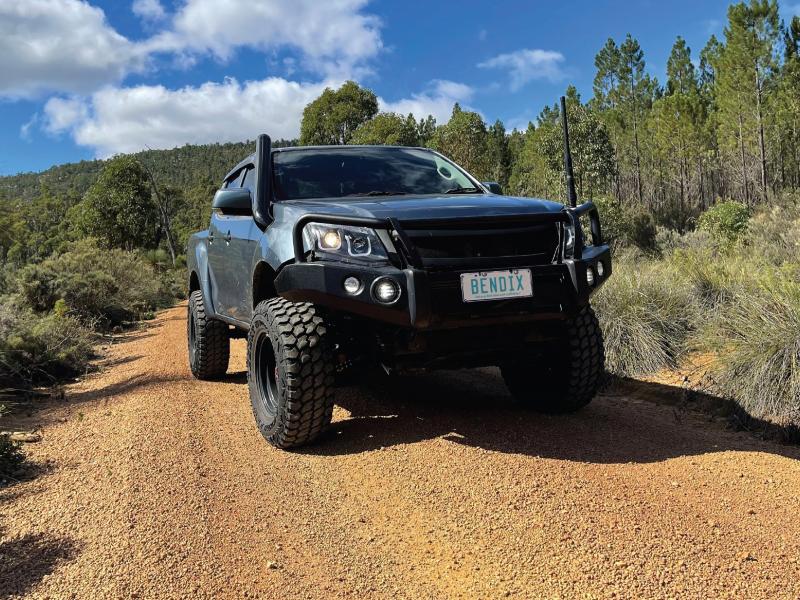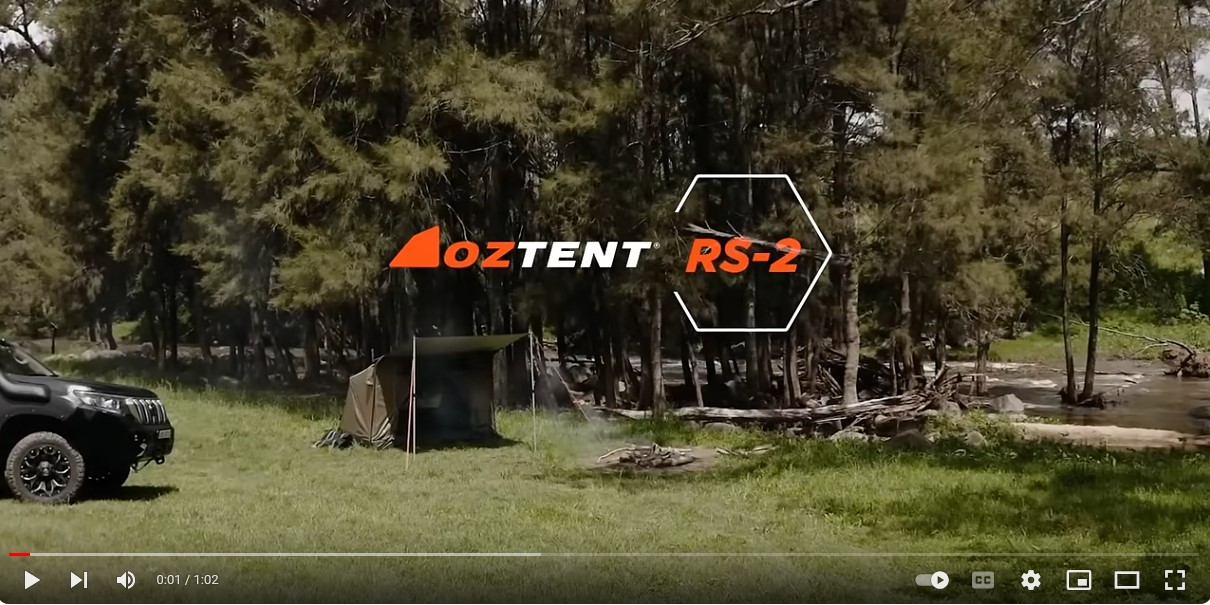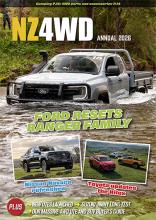Brake fade doesn’t just happen on the racetrack, it can also occur in passenger cars, four-wheel-drives and commercial vehicles particularly under heavy braking conditions and during hotter temperatures.
It leads to a temporary reduction in braking performance that’s caused by the added heat that’s generated from repeated or sustained braking, or braking under heavy loads. When the heat doesn’t effectively dissipate, the braking becomes compromised.
Such conditions can arise more than we realise through the course of day-to-day driving – think of a heavily accessorised four-wheel-drive with larger tyres, or a passenger car towing a caravan descending a large hill or mountain road.
For large trucks the effects are even greater, which is why so many are equipped with secondary technology such as retarders and engine and exhaust brakes, which help to further slow them down without solely relying on friction-based braking systems.
When brake fade occurs it’s predominantly because the disc brake pads have exceeded their maximum operating temperature range, this affects the friction material which begins to deteriorate. The process can cause the pads to leave matter on the rotors lubricating them and making braking less effective.
Brake fade can also occur if the brake fluid overheats. If the fluid boils from prolonged braking any moisture within vapourises, which makes the fluid more compressible, this results in longer brake pedal travel and reduced braking effectiveness.
Minimising brake fade
Drivers can minimise the likelihood of brake fade in several ways, beginning with ensuring the braking system is in good working order – upgrading some components might also be considered if the vehicle is regularly used in situations where the brakes are worked hard.
Through its Ultimate, Ultimate 4WD and Euro+ Disc Brake Rotor’s, Bendix offers packages for a range of passenger cars and four-wheel-drive, to increase braking performance and help reduce brake fade.
In the case of brake fluid, the quality should be regularly checked to ensure it doesn’t contain excessive moisture, which will erode performance considerably. The following article explains further:
www.bendix.com.au/bendix-news/bendix-explains-brake-fluid-and-which-one-to-choose
Brake pads that haven’t been properly ‘bedded in’ – a process that deposits a thin layer of pad material on the disc brake rotor – can make the brakes more susceptible to fading. For users of Bendix brake pads, this won’t be a concern because the Bendix range features Blue Titanium Stripe technology, meaning there’s instant pedal feel from the first brake application and longer-term protection to minimise fading.
Adapting your driving style
Another important way to reduce brake fade is by change driving habits – driving more slowly and with greater mechanical sympathy, especially in more demanding conditions, will result in less pressure being placed on the braking system. Tips that can reduce the risk of brake fade while minimising braking system wear and tear includes:
• Avoid riding the brakes without giving them a chance to cool down – repeated heavy use can easily overheat the braking system.
• Slow down. The faster you drive, the more work your brakes must do when you do need to stop.
• Anticipate the need to slow down by thinking ahead and reading the road conditions.
• Lighten the load in your vehicle or trailer if practical. More weight means the brakes work harder.
• On downhill stretches – especially if towing – change into a lower gear and make use of engine braking. This will provide additional opportunities for heat in the braking system to dissipate. If not enough, pull over when safe and let the brakes cool.
With a more considered driving style and some Bendix braking system enhancements, brake fade can largely be eliminated.
www.bendix.com.au/bendix-news/what-causes-brake-fade-and-how-to-minimise-it


